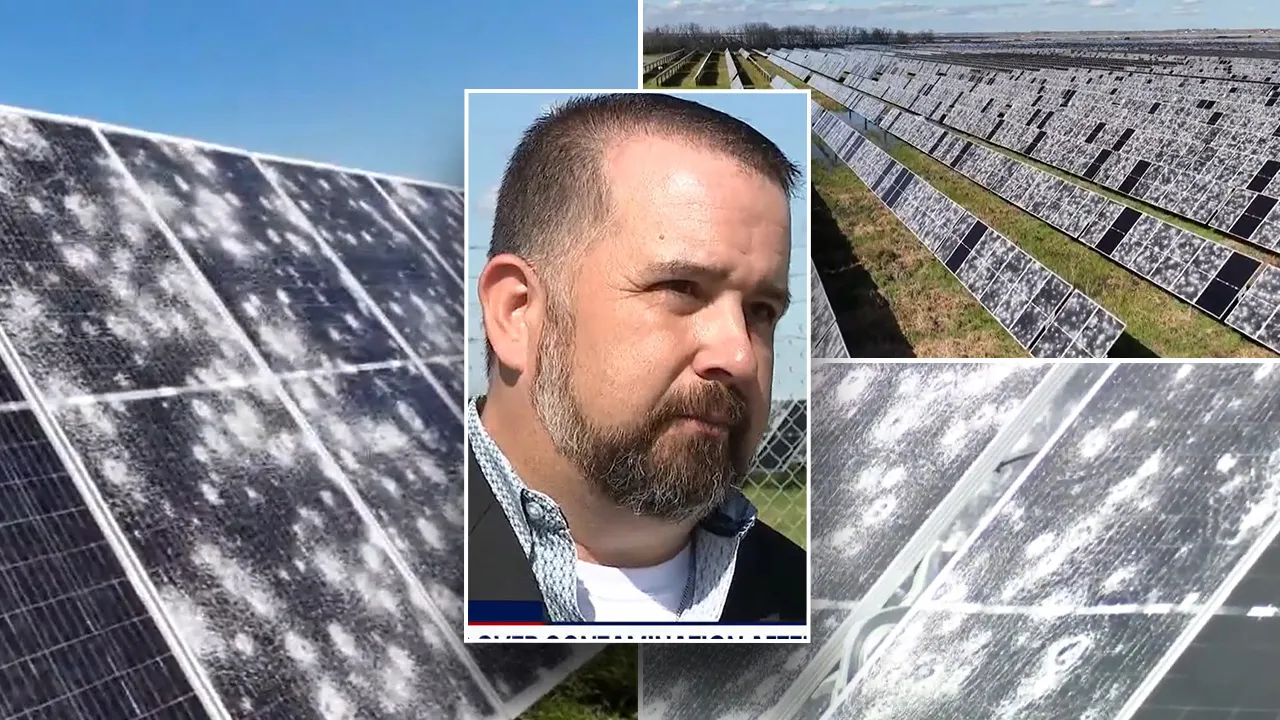I live in rural NE Texas, and we experience power outages often. Some last for days. This year, we've been hammered by bad weather, and this last round is the 12th time I've been on generator power this year, and it's only the first of June. I've played the "generator game" for decades, starting off with one that I thought would be just good enough to keep me going, running the bare minimum appliances until the power came back on. This was torture, and a big mistake. I have a barn full of generators that I no longer use.
In my opinion, most people make bad decisions when it comes to buying a backup generator. They think small, and short run times. The truth is, here in Texas, you need one big enough to power your whole house, including air conditioning and heating. Trust me, your wife and kids won't take kindly to living like a cave man during a power outage when they find out there is something better. Just ballparking, but for a 2,000 sqft house with a family of four, you are talking at least a 12KW - 13KW running watt (not surge watt) generator. If you want to stay married and keep your kids from running away from home, don't think about anything smaller. I'm also assuming here that you have a VERY energy efficient house with all LED lights etc.
And, you want it fuel efficient enough to run all day on a tank of fuel. Also, you want one built to go extended run times. Most of these smaller camping or job site generators won't cut it, since they won't run very long under a load between fueling, and require oil changes every 50 hours. You're not powering a tent or a shade tree mechanics session. You are powering your house, and you may have to do it for many days.
Where propane/natural gas generators burn very clean, and propane stores forever, they are VERY inefficient. My brother found out the hard way this year in Houston when he lost power for six days. Those 5 gallon propane cylinders he used to power his 12KW dual-fuel generator only lasted about four hours. And, by day three, they were really hard to find. So much so, that he had to switch to gasoline after spending $800 on propane for three days and then not being able to find any refills. Under a SHTF scenario, natural gas might not be that much better. Here in Texas during the "big freeze" a few years ago, many people lost natural gas pressure!
Gasoline is much more fuel efficient. I've stored ethanol-free treated gas in large quantities for almost three years. However, diesel is the best. It's the most fuel efficient. Modern day diesel generators are incredibly fuel efficient, and this last round I was running on treated diesel that I had in storage over five years.
With the world like it is, and getting worse, you need to consider a properly-sized backup generator. Things like fuel, fuel storage, and fuel availability in case of a SHTF scenario should be seriously considered. I know some of you are saying: "Oh, but I can keep the fridge, TV and a few lights running with my 2 - 5K watt Brand X and 300 ft of extension cords.." I've been there and done that many times. It SUCKS!
It's not about "getting by." It's about keeping your family calm and comfortable during an emergency. If I had just bought what I have now instead of spending money on a barn full of "just getting by", I would be thousands of dollars ahead of the game. So, before you go plop down a roll of cash on that new rifle or bass boat, you might want to consider what could benefit you more in the long run. If you're curious, here's what I ended up with a few years ago (linked below), and I've never looked back. It sips fuel, hums along at 1800rpm instead of 3600rpm, and goes 500hrs between service intervals. When it's running, I can turn on anything in the house and never give it a second thought. I couldn't be happier.
https://www.auroragenerators.com/product-page/agi13p
In my opinion, most people make bad decisions when it comes to buying a backup generator. They think small, and short run times. The truth is, here in Texas, you need one big enough to power your whole house, including air conditioning and heating. Trust me, your wife and kids won't take kindly to living like a cave man during a power outage when they find out there is something better. Just ballparking, but for a 2,000 sqft house with a family of four, you are talking at least a 12KW - 13KW running watt (not surge watt) generator. If you want to stay married and keep your kids from running away from home, don't think about anything smaller. I'm also assuming here that you have a VERY energy efficient house with all LED lights etc.
And, you want it fuel efficient enough to run all day on a tank of fuel. Also, you want one built to go extended run times. Most of these smaller camping or job site generators won't cut it, since they won't run very long under a load between fueling, and require oil changes every 50 hours. You're not powering a tent or a shade tree mechanics session. You are powering your house, and you may have to do it for many days.
Where propane/natural gas generators burn very clean, and propane stores forever, they are VERY inefficient. My brother found out the hard way this year in Houston when he lost power for six days. Those 5 gallon propane cylinders he used to power his 12KW dual-fuel generator only lasted about four hours. And, by day three, they were really hard to find. So much so, that he had to switch to gasoline after spending $800 on propane for three days and then not being able to find any refills. Under a SHTF scenario, natural gas might not be that much better. Here in Texas during the "big freeze" a few years ago, many people lost natural gas pressure!
Gasoline is much more fuel efficient. I've stored ethanol-free treated gas in large quantities for almost three years. However, diesel is the best. It's the most fuel efficient. Modern day diesel generators are incredibly fuel efficient, and this last round I was running on treated diesel that I had in storage over five years.
With the world like it is, and getting worse, you need to consider a properly-sized backup generator. Things like fuel, fuel storage, and fuel availability in case of a SHTF scenario should be seriously considered. I know some of you are saying: "Oh, but I can keep the fridge, TV and a few lights running with my 2 - 5K watt Brand X and 300 ft of extension cords.." I've been there and done that many times. It SUCKS!
It's not about "getting by." It's about keeping your family calm and comfortable during an emergency. If I had just bought what I have now instead of spending money on a barn full of "just getting by", I would be thousands of dollars ahead of the game. So, before you go plop down a roll of cash on that new rifle or bass boat, you might want to consider what could benefit you more in the long run. If you're curious, here's what I ended up with a few years ago (linked below), and I've never looked back. It sips fuel, hums along at 1800rpm instead of 3600rpm, and goes 500hrs between service intervals. When it's running, I can turn on anything in the house and never give it a second thought. I couldn't be happier.
https://www.auroragenerators.com/product-page/agi13p
Last edited:




